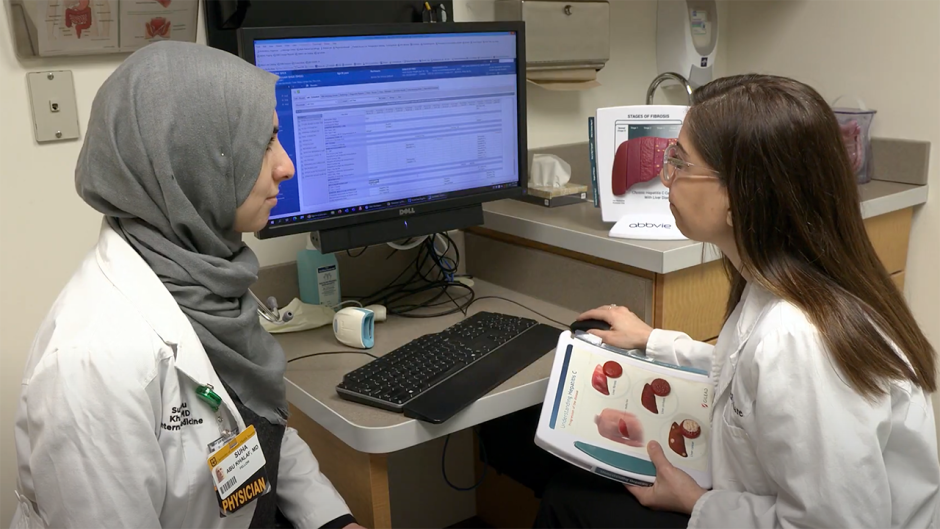Aug. 20, 2021
Transcript
Brian Consiglio: While dogs may be man’s best friend, a researcher at the University of Missouri and her team found cats are more genetically similar to humans than nearly any other mammal,
After decades of genome DNA sequencing, Leslie Lyons, a professor of comparative medicine in the MU College of Veterinary Medicine, and her team have created a cat genome assembly that is nearly 100% complete, yet researchers are still learning about the ‘dark matter’ DNA in mammals that are not coded in proteins.
Lyons: “Out of the 3 billion base pairs that make up any mammal’s DNA, only 10% of that is actually coded into proteins, and the proteins make us do what we do, make us look like what we look like, so what is the other 90% doing? We think there is a lot of DNA variation in the dark matter that we don’t understand, and so by looking at the cat’s dark matter and comparing it to humans, we might be able to understand how genes are turned on and off.”
Consiglio: Lyons’ work is an example of translational medicine, as any information researchers can learn about identifying the causes of genetic diseases in cats or how to treat them can be useful for treating humans with the same disease.
Lyons: “We want to do precision medicine, meaning using the DNA and the genetic profile of an individual to help discover the diseases and then also to tailor treatments and medications that are very specific to the gene that we have found that has gone awry.”
Consiglio: For more on this research, visit showme.missouri.edu.
I’m Brian Consiglio, with a Spotlight on Mizzou.




